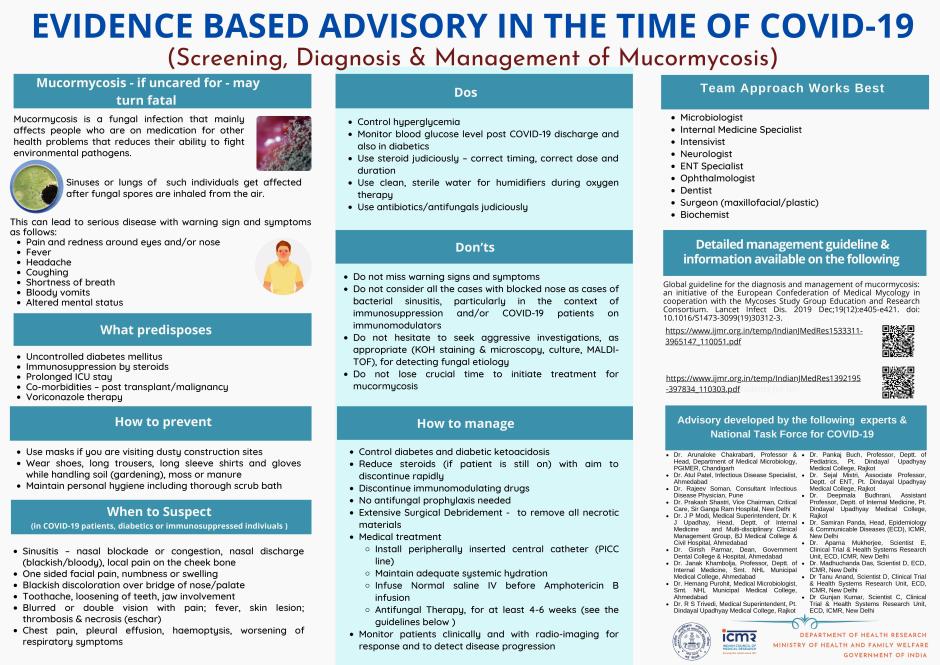Covid patients getting black fungus in Hyderabad?

A rare black fungus is infecting many of India’s COVID-19 patients—why?
Her diabetic aunt was diagnosed with an extremely rare fungal infection called mucormycosis that’s on the rise among recovering and recovered-but-vulnerable COVID-19 patients in India. Colloquially referred to as “black fungus” due to its dark pigmentation, this potentially fatal infection starts in the nose and spreads to the eyes and then the brain.
Top 09 Cashless Get FULL Details for
Black fungal infection treatment in hyderabad
Public health experts are blaming the indiscriminate use of steroids to treat COVID-19 as the likely cause. Steroids reduce inflammation in the lungs. But overuse of these drugs in COVID-19 patients can result in lowered immunity and raised blood sugar levels. These conditions leave some patients, particularly those with uncontrolled diabetes, susceptible to such infections.
As India—the diabetes capital of the world—continues to battle a devastating second wave of COVID-19, ear, nose and throat physicians are expecting to see more mucormycosis cases come their way in the next few weeks.
“That’s a huge number,” he says, comparing it to a case or two he’d treat every month in pre-pandemic times.
In the western Indian state of Maharashtra, which has been hit hardest by COVID-19, state health minister Rajesh Tope said there could be more than 2,000 mucormycosis patients. In the neighboring state of Gujarat, some 300 cases have been reported from four cities.
“The concern is that this is just the start,” Munjal says. “The infection typically begins to hit the body two to three weeks into the steroid therapy, and we might see the case numbers jump in the coming weeks.”
What is the black fungus?
Mucormycosis is an invasive infection caused by a class of molds called mucormycetes. These fungi are ubiquitous, naturally occurring in our environment, most commonly in soil. Humans get the infection by inhaling the fungal spores floating around in the air and in dust. These spores get lodged in the nasal passages and sinuses and cause disease at that site.
But not everyone exposed to the spores will get the infection. “For most part, if you have a normal immune system, it’s an asymptomatic, silent encounter,” says Tobias Hohl, chief of infectious disease service at New York’s Memorial Sloan Kettering Cancer Center. But developing the invasive disease depends on a person’s health condition.
People with compromised immune systems, for example, those with blood cancer undergoing chemotherapy or bone-marrow transplant patients who can’t form neutrophils—a type of white blood cell that defends against infections—in the initial weeks, may fall victim to mucormycosis.